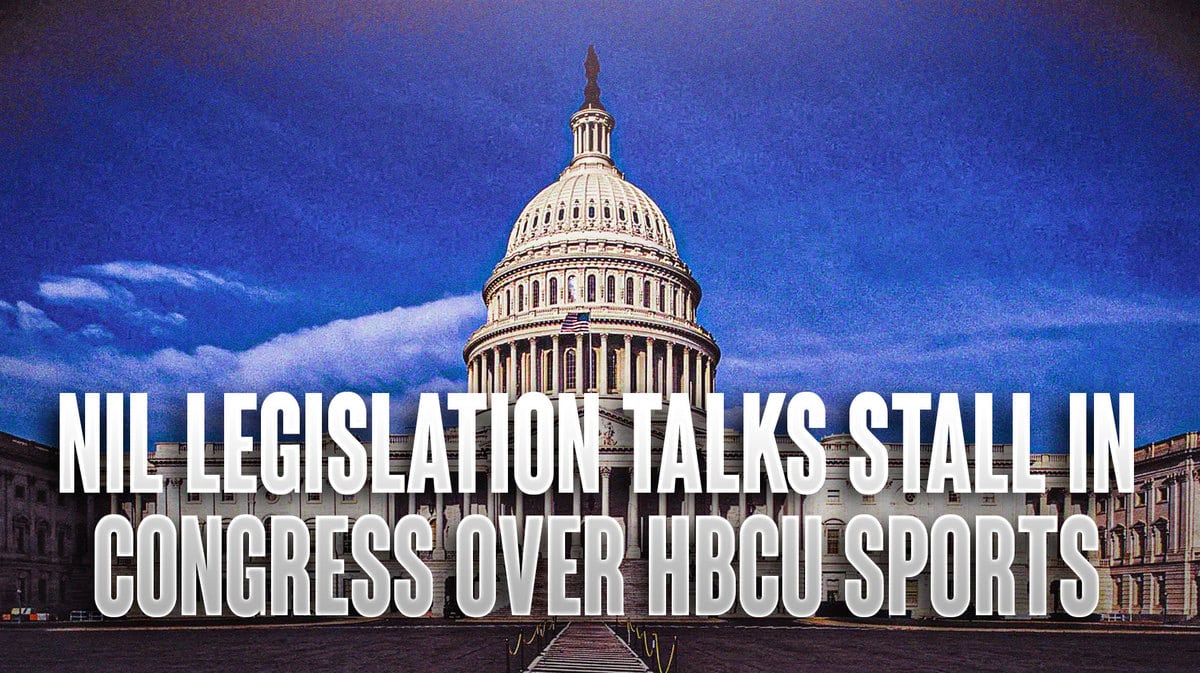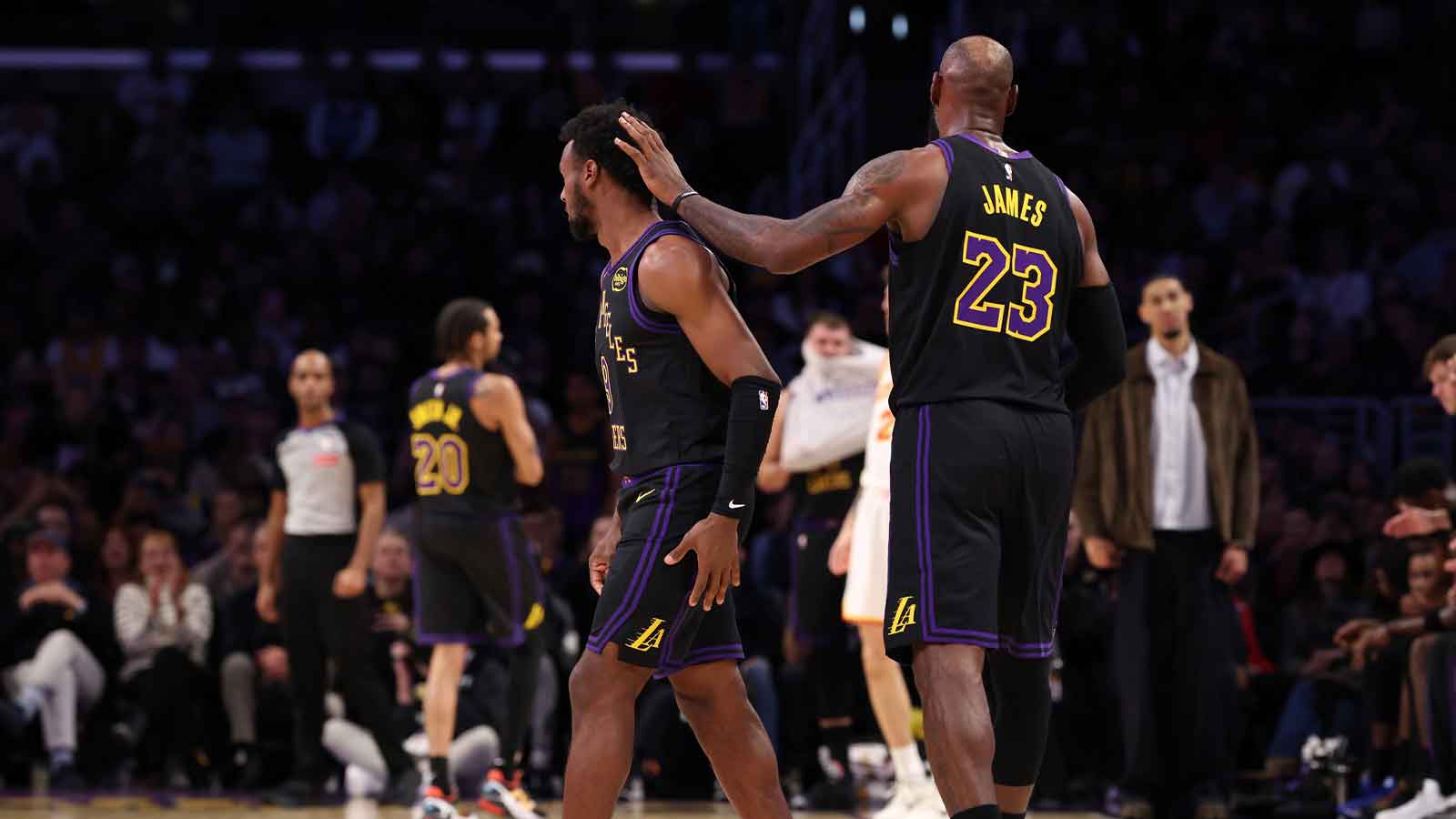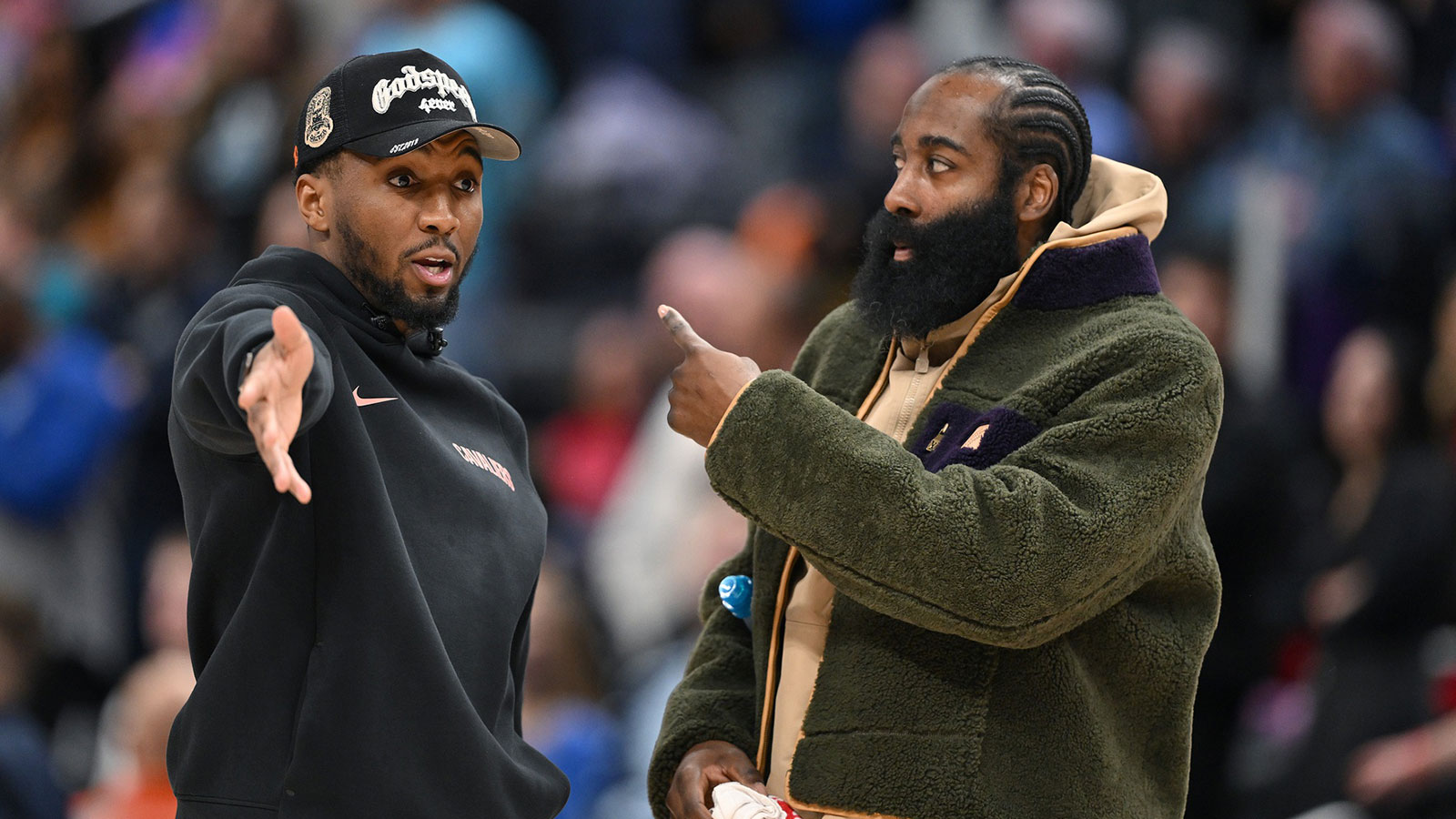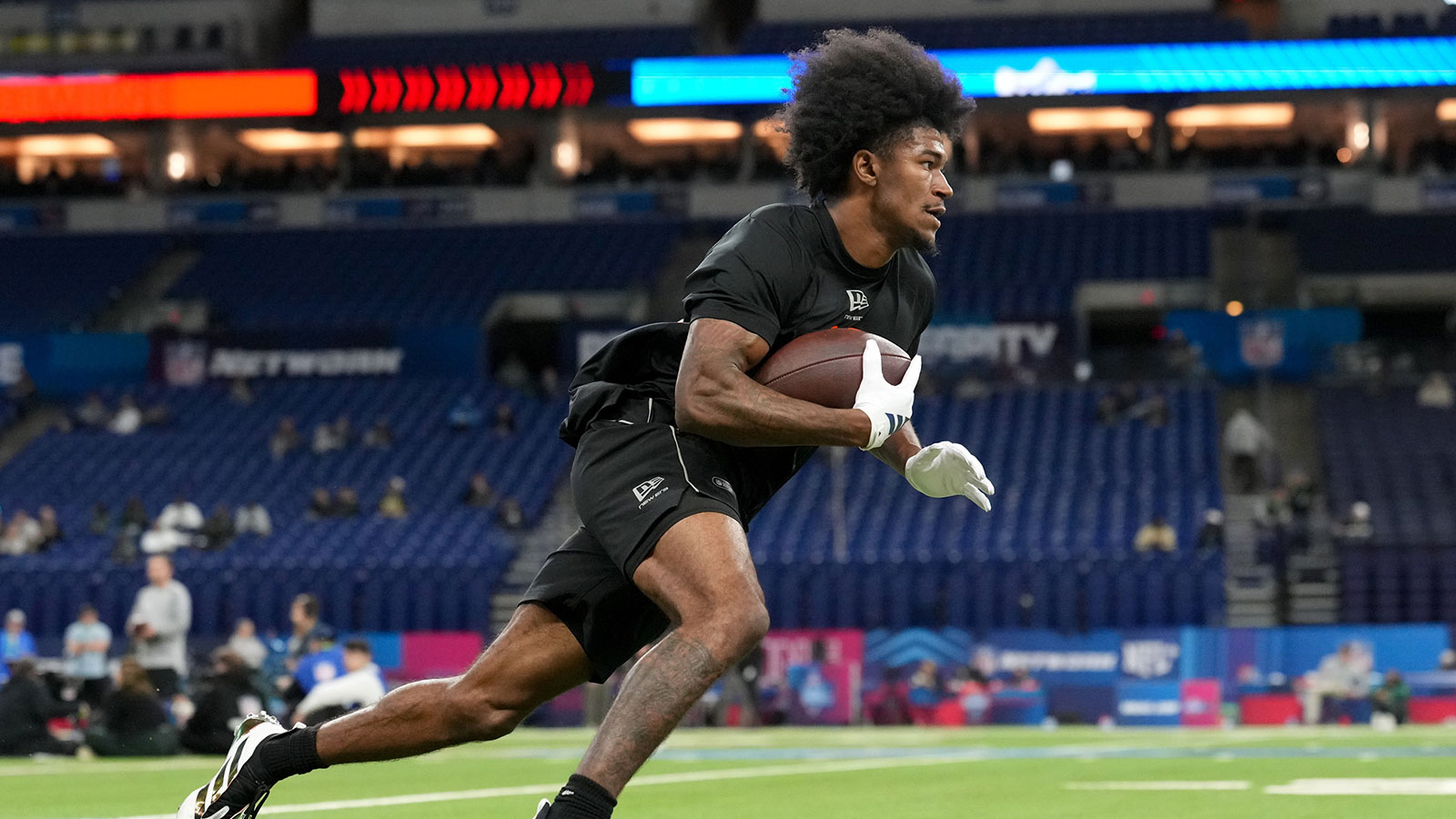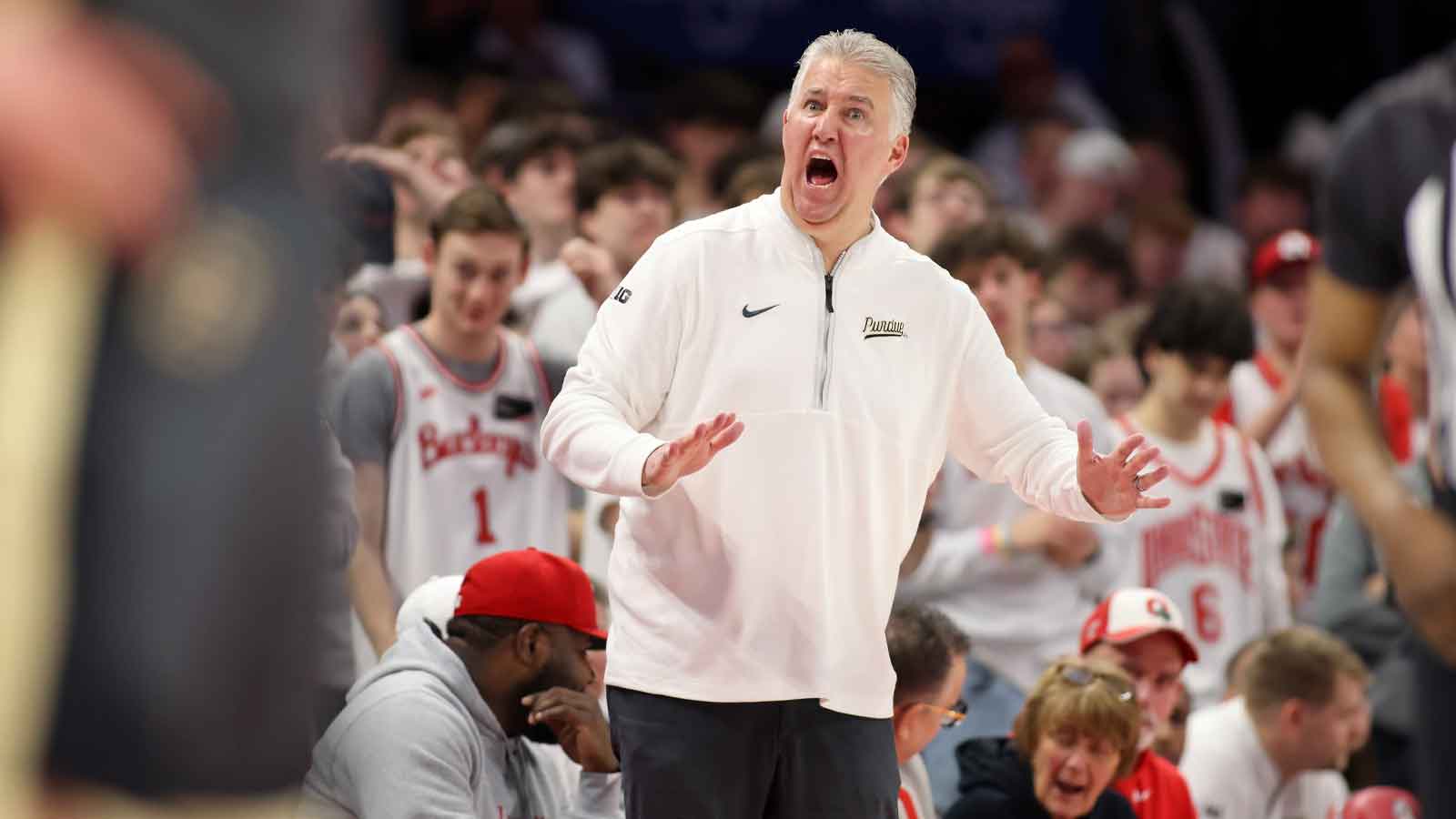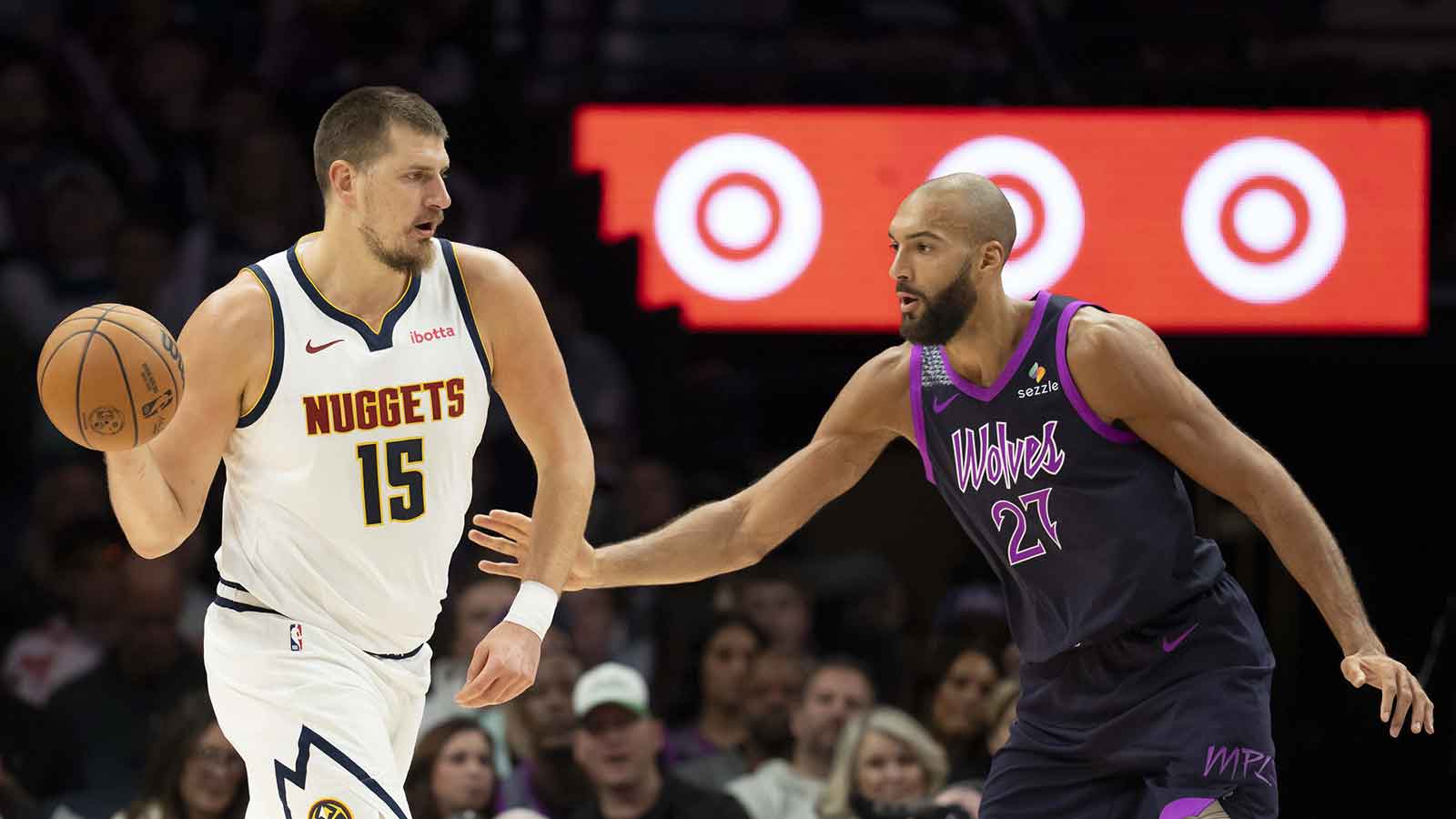Significant conversations surrounding Name, Image, and Likeness (NIL) in Congress have been halted in the drafting of legislation due to disagreements over the inclusion of HBCUs by members of the Senate Commerce Committee. Per a report by Steve Berkowitz of USA Today, members of the Senate Commerce Committee were progressing towards a bill that would specifically address NIL rights as well as elements of other proposals from other Senators on the committee that also covered student athletes' health, safety, and welfare. However, according to Committee Chair Maria Cantwell (D-WA), the talks stalled over the inclusion of HBCUs.
“The problem was, at that point, a lot of people wanted to jettison the HBCUs from Division I, and we didn't think that was such a good idea. And we weren't for that for a bunch of different reasons. And so the negotiations fell apart over that issue.”
Something notable: Commissioners of the NCAA’s four HBCU conferences sent a letter last week to the Congressional Black Caucus imploring them to pass legislation addressing NIL & athlete employment, which the commissioners say would have a “staggering impact” on their schools. pic.twitter.com/qTi9Pz8Irf
— Ross Dellenger (@RossDellenger) September 25, 2023
There are currently 23 HBCUs that compete in Division I athletics across several conferences. Although Cantwell didn't speak further about the nature of the breakdown of talks around NIL legislation in relation to HBCU athletics, it causes a level of intrigue in HBCU circles as to why black college sports was a sticking point. Per a report by HBCU Sports, The commissioners of the SIAC, CIAA, SWAC & MEAC wrote a letter to the Congressional Black Caucus. The letter warned of the dangers of student-athletes being considered employees.
A portion of the letter directly addressed the impact, saying, “To protect all that we have accomplished on our HBCU campuses, we ask for your support in passing laws that, when necessary, pre-empt state law to create clear and fair playing fields for HBCU student-athletes. Like the majority of our Division II and mid-major peers, most HBCUs do not generate significant revenue and rely heavily on school-appropriated funds and donations. Therefore, classifying student-athletes as employees would have a staggering impact on our athletic programs and schools.”
The letter also noted that HBCU athletics would benefit from legislation that preempts state law when necessary to ensure HBCUs have a level playing field in the new age of NIL.

